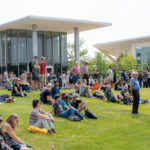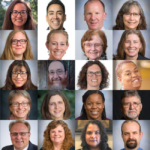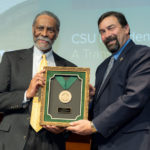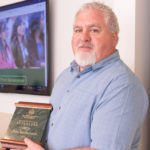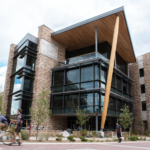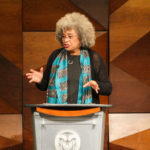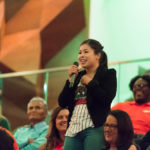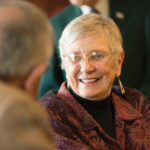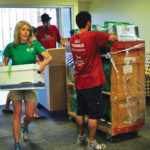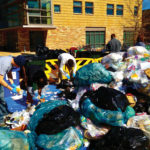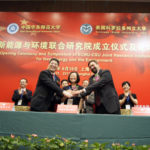Kathleen Fairfax, a veteran in the field of international education, is the new Vice Provost for International Affairs at Colorado State University. She comes to CSU from another land-grant institution, South Dakota State University, where she served as Assistant Vice President for International Affairs from 2011-2018.
In her more than 30 years in the field, Fairfax has worked at both public and private universities, and in the public sector as a diplomat in the U.S. Foreign Service. Throughout her career, Fairfax has focused on improving student access to international opportunities, assessing organizational challenges and developing streamlined and efficient solutions, and aligning university strategic priorities with concrete action items.
In her new role, Fairfax oversees 43 professionals in the Office of International Programs, which creates and fosters international teaching, learning, research and engagement opportunities on campus and around the world. She will also serve on the President’s Cabinet and the Council of Deans.
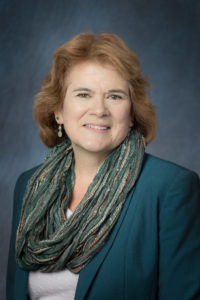
Fairfax arrives at CSU on the heels of unprecedented growth in international student enrollment and education abroad participation.
What drew you to this position, and to Colorado State?
I have a passion for international education, and in this field, Colorado State is well-known as an engaged and forward-thinking institution. I wanted to work at an institution committed to access and opportunity for all students (preferably a land-grant university), and I wanted to work at an institution that already had a well-established and high-functioning international programs unit.
In addition, I wanted to live somewhere nice, where I could enjoy outdoor activities like hiking, experience all four seasons, and not be in a huge city. CSU, and Fort Collins, fit all of those requirements, so I was immediately drawn to this position as soon as I saw the opening. In many ways, this is my “dream job” and I am so happy to be here!
Why are international activities important?
First, in order to prepare our students for the world in which they will live and work, we need to equip them with basic cross-cultural competence. Not only are today’s employers expecting graduates to possess such skills, but the employers of tomorrow will undoubtedly be global entities which can pick the best employees from a global workforce. In order for our students to compete in such an environment, their education must engage them, repeatedly, in global learning.
Second, in order to solve the majority of the global challenges we face, such as food security, climate change, or international terrorism, our faculty and researchers need to collaborate with colleagues from across the globe. These challenges do not follow national boundaries, and can only be addressed by international teams. Fortunately, CSU’s faculty are already highly engaged in international research, and international partnerships are one of our real strengths. And finally, celebrating diversity, learning about others different from you, and engaging in cross-cultural exchange, adds an incredible richness to life from which we can all benefit.
What challenges will you be facing, and how will you respond?
There are a number of challenges facing international education right now. The rise of nationalism, in many places around the globe, devalues cross-cultural interaction and threatens world peace by drawing hard lines between “us” and “them.” In such a volatile political environment, support for international education activities can wane. So it is imperative that we continue to demonstrate how international education will help our students, our state, and our country. Getting that message out, to all of our constituents, will be a priority for me.
Economic challenges also face us, especially as the costs of higher education continue to rise. Ensuring that all of our students have access to opportunities for cross-cultural learning, regardless of their socioeconomic status, is so important. Creative program designs, partnerships, and fundraising are some of the ways we can address this accessibility and affordability challenge.
Finally, finding ways to continue to support our faculty in their international activities is more important than ever. Supporting faculty, through activities such as brokering international partnerships, facilitating international experiences, or identifying funding opportunities for new initiatives, will be a priority for me.





















